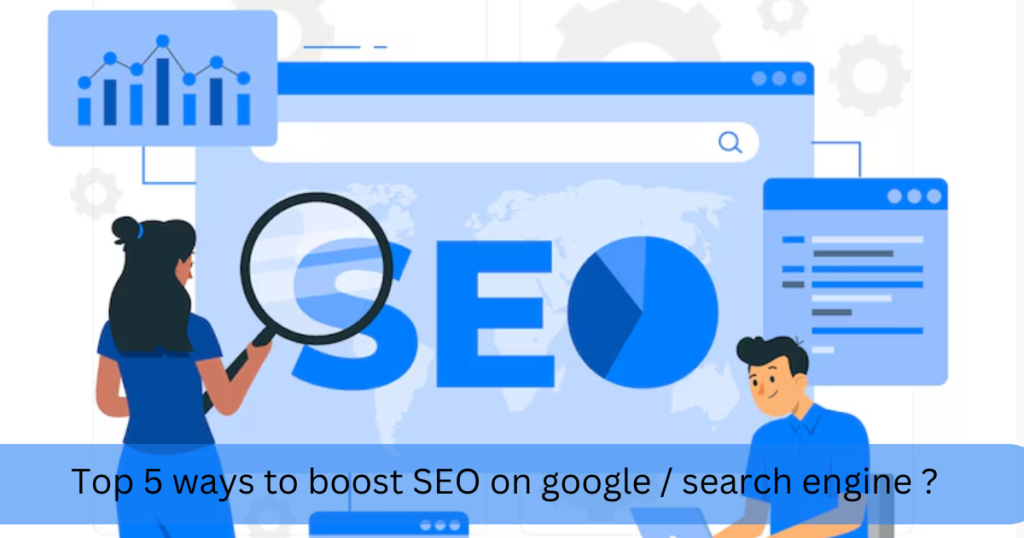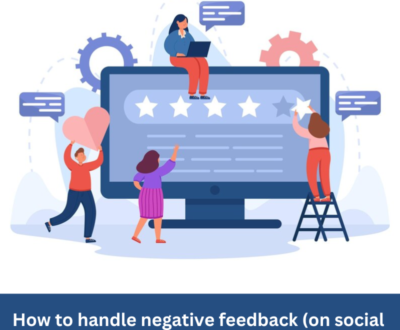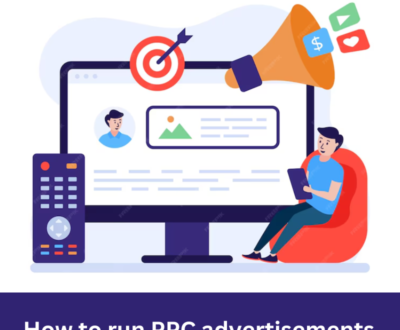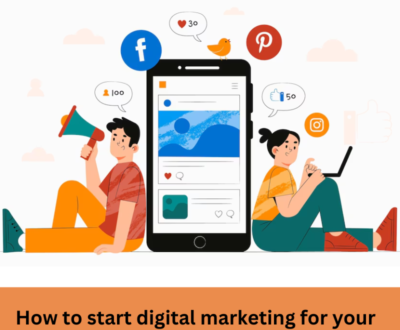1. Publish Relevant, Authoritative Content
Creating high-quality content to Top 5 ways to boost SEO on Google, authoritative content is key to improving your SEO. Great content attracts more visitors, which increases your site’s authority and relevance. Make sure your content is well-written and shows you as an expert on the topic.
Keywords
Top 5 Ways To Boost SEO On Google Identify a specific keyword phrase for each page of your website. Think about how your audience might search for that topic. For example:
- online masters in engineering management
- What is biomedical engineering?
- title IX education resources
- photographing northern lights
- How to apply for scholarships?
Multiple Keyword Phrases
It’s tough to rank a single page for multiple keyword phrases unless they’re very similar. For example, a page might rank for both “biomedical engineering jobs” and “biomedical engineering careers.” However, it’s unlikely to rank for both “student affairs” and “dean of students.” To target multiple keyword phrases, create separate pages for each phrase.
Placing Keywords
After choosing your keyword phrase, consider these questions:
- Can I include the keyword phrase in the page URL?
- Can I use the keyword phrase in the page title?
- Can I use the keyword phrase in headings and subheadings?
Answering yes to these questions can help improve your ranking. However, keep your content natural and user-friendly. Avoid overusing keywords.
Content
Besides the URL, title, and headings, content has the most influence on SEO. This is known as ‘on-page SEO.’ Use your keyword phrase several times throughout the page—once or twice in the opening and closing paragraphs and a few more times in the main content. Be sure to link to relevant sources and additional information, both within your website and to other useful sites.
SEO Formatting
Use bold, italics, heading tags (especially H1), and other emphasis tags to highlight your keyword phrases. Don’t overdo it—your writing should still read naturally. Never sacrifice good writing for SEO. The best pages are written for the user, not the search engine.
2. Update Your Content Regularly
Top 5 Ways To Boost SEO On Google Search engines love fresh content, and so should you. Regularly updating your content is one of the best ways to show that your site is relevant. Here’s how to keep your content fresh:
Audit and Update
Set a schedule to review your content, such as every semester. Update it as needed by adding new sources, making changes, and ensuring it stays relevant and interesting for your audience.
Blogging
Writing blog posts with keyword-rich content can improve your search engine rankings. Blog posts can be short updates on specific topics you want to target. Link your related web pages and blog posts to provide more information and a better user experience.
By following these tips, you can keep your content fresh and improve your SEO.

3. Metadata
When designing your website, each page has a space between the <head> tags to insert metadata, which is information about the contents of your page. If your CMS site was created by the UMC web team, they will have pre-filled this data for you. However, it’s important to review and update metadata as your site evolves.
Title Metadata
Title metadata is the page title shown at the top of a browser window and as the headline in search engine results. It’s the most important metadata on your page.
For CMS websites, the web team has automated the creation of meta titles based on your page title. This makes it crucial to use well-thought-out page titles rich with keyword phrases.
Description Metadata
Description metadata is the text description that a browser may use in your page search return. Think of it as your site’s window display—a concise and appealing description of what’s inside, aimed at encouraging people to visit. A good meta description typically contains two full sentences. While search engines may not always use your meta description, it’s important to provide one.
Keyword Metadata
Keyword metadata is rarely used to determine search engine rankings, but it doesn’t hurt to include your keyword phrases here. Aim for about 3-7 phrases, each consisting of 1-4 words. For example, “computer science degree.”
Use Alt Tags
Always describe your images and videos using alt tags (alternative text descriptions). These help search engines locate your page, especially for users who use text-only browsers or screen readers.
Use Schema.org Markup
While Google and other search engines are good at understanding content, using Schema.org markup on your webpages—especially for published and modified dates—can improve how search engines crawl and index your content, influencing how it appears in search results.
4. Create a Link-Worthy Site
A content-rich, authoritative, and unbiased webpage that helps visitors learn more about their interests is more likely to attract links from other websites, which boosts your SEO.
Improve Authority and Credibility
Enhance your site’s authority and credibility by adding relevant links within your text. Instead of using “click here” links, write out the name of the destination. For example, instead of “click here,” use “Michigan Tech Enterprise Program.” This is rich with keywords and will improve your search engine rankings as well as the ranking of the page you are linking to.
Use Descriptive Links
Always use descriptive links by linking keywords. This not only improves SEO but also adds value for your readers, including those with disabilities or using screen readers.
By following these tips, you can create a link-worthy site that attracts more visitors and improves your SEO.
5. Optimize for Mobile and Execute Technical SEO
Mobile Optimization
Ensure your website is mobile-responsive and offers a smooth user experience on smartphones and tablets. Optimize images and media for faster loading on mobile devices. Test your site’s mobile-friendliness using tools like Google’s Lighthouse.
Technical SEO
Work with a skilled web development team to implement best practices for technical SEO. This includes providing a fast, seamless user experience that is intuitive and high-performing. Here are some key points:
- Compress images
- Minimize HTTP requests
- Enable browser caching
- Use a clean and organized URL structure
- Implement schema markup to enhance rich snippets and improve content visibility in search results
Why Prioritize Content Creation Over Off-Page SEO?
Off-page SEO involves actions outside your website to improve search engine rankings. While some value it highly, we believe creating valuable content for your target audience is more beneficial.
Quality content:
- Establishes your brand as a trusted source
- Attracts and engages users
- Encourages return visits and content sharing
While off-page SEO tactics may offer short-term gains, content creation fosters long-term relationships and organic growth. By focusing on relevant content creation, we have achieved better, scalable results compared to relying on off-page
About us and this blog
We are a digital marketing company with a focus on helping our customers achieve great results across several key areas.
Request a free quote
We offer professional SEO services that help websites increase their organic search score drastically in order to compete for the highest rankings even when it comes to highly competitive keywords.
Subscribe to our newsletter!
More from our blog
See all postsRecent Posts
- Exploring the latest trends in SEM for 2024: What’s new and What’s next ? September 1, 2024
- The role of social media in building brands loyalty strategies that work ? September 1, 2024
- How to handle negative feedback on social media / from Clients ? September 1, 2024









